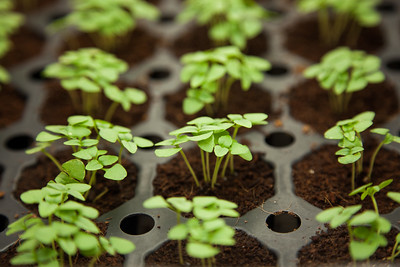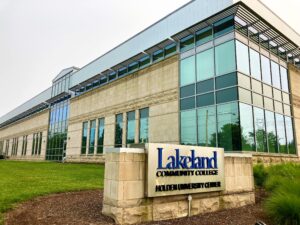A new bill in the US Senate could provide $20M in funding to community colleges to pay for new agriculture-related science programs. If passed, the funding would be available to all community colleges. Michigan Senator Debbie Stabenow, who chairs the Agriculture Committee, noted that Congress has not added any new funds to the Farm Bill. That means the $20M funding would have to come from other areas Congress has already funded.
The move to promote agricultural programs makes sense. According to the National Center for Education Statistics, enrollment in agriculture programs and related science field outpaced all other program enrollments at the nation’s two-year colleges, increasing by nearly 41% from 2020. And that’s while community college enrollment generally is dropping. There is high student interest in agriculture-related sciences and occupations.
Agriculture and related programs don’t necessarily translate directly to being a farmer. Food sciences, agricultural production, farm equipment design and maintenance, precision farming, water conservation and water quality, and “urban farming” all have close ties to agriculture. They’re also high-demand fields that offer graduates a lot of mobility.
I’ve written in the past about urban farming, and the need to explore this method of food production, especially for city dwellers. Urban farming has a lot of upside, including the ability to grow fresh produce directly in so-called “food deserts.” City dwellers often have a hard time finding high quality food. Urban farms are ideally suited to solve this problem because they can produce food much faster than traditional farming techniques can. Additionally, urban farms minimize the difficulty of transporting produce to cities. Produce from urban farms can be harvested and sold to the end-consumer the same day.
Climate change will require new agriculture methods in Michigan
Urban farming also uses less water, occupies less land, and can repurpose existing structures. Further, the technique can limit the addition of farm fertilizers to the water, and virtually eliminates the possibility of bacterial contamination from manure-based fertilizers. Finally, severe weather regularly impacts some of America’s most productive agricultural areas. A move toward urban farming could ensure that places like Michigan can produce agricultural products year-round. And urban farming isn’t even limited to produce. Several urban fisheries produce farm-raised fish.
Washtenaw County isn’t known for its agricultural production, but an urban farming program might change that. Agriculture also happens to be one of the fastest growing enrollment areas right now. The move toward legalizing marijuana may be driving some of the interest in urban farming, but an agricultural program does not have to focus on cannabis production.
Agriculture and related sciences would make a great, useful, and practical addition to a community college’s catalog.
Photo Credit: Chicago Plant, via Flickr















